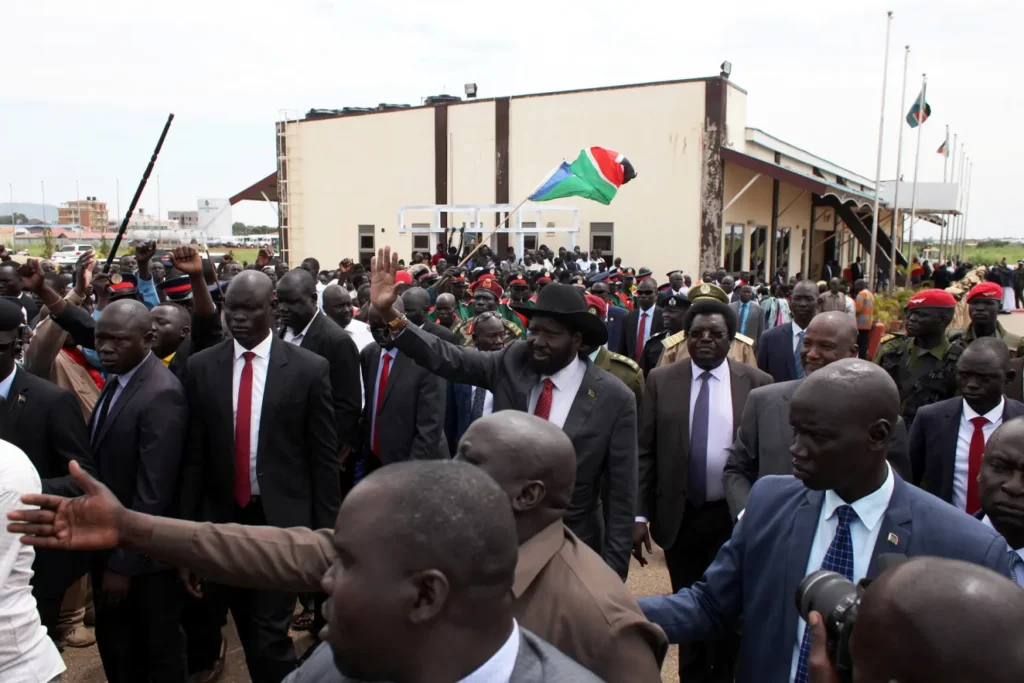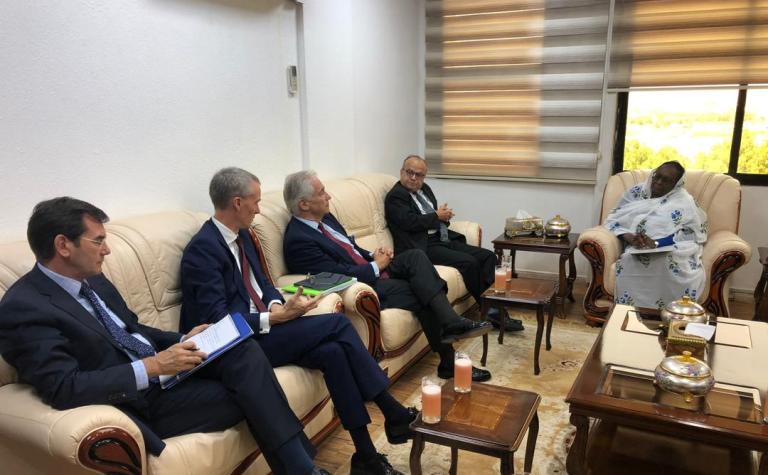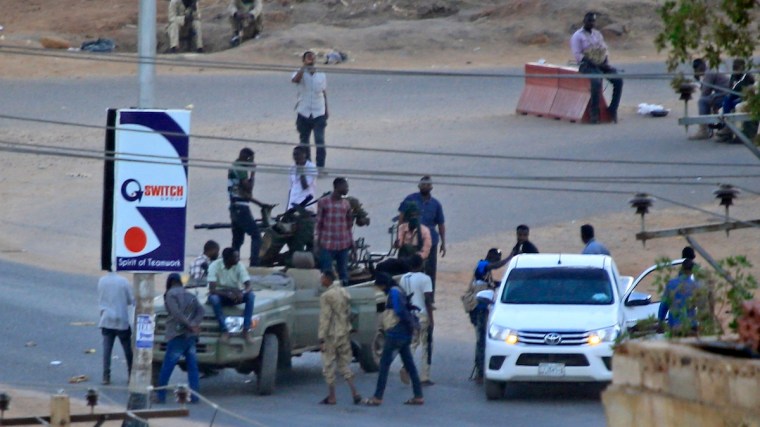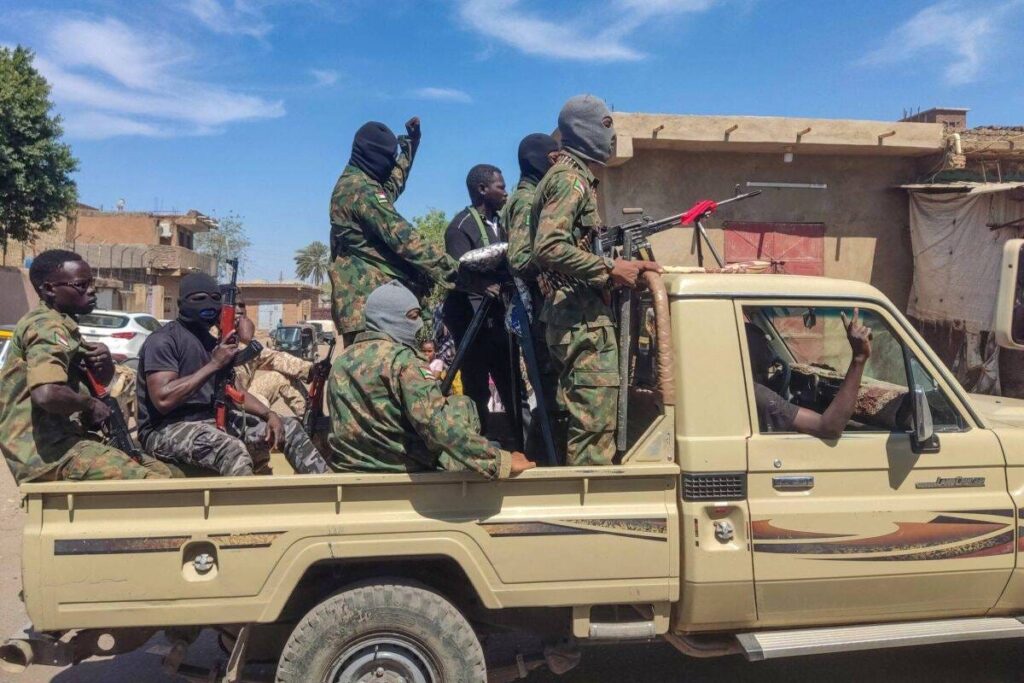
Sudanese Minister of Health, Haitham Mohamed Ibrahim, confirmed that “the war and the suspension of disease control operations have contributed to the epidemic spread of some diseases.” This comes after Sudanese authorities announced several cases of cholera, dengue fever, and malaria in the country.
Ibrahim said, “We usually expect several epidemics in the autumn, like other African countries in this epidemiological belt, including fevers such as malaria, dengue, and cholera.”
The Health Minister explained that malaria has appeared in a large number of endemic states, specifically in about 18 states. Malaria is considered an endemic disease in Sudan, and he denied its spread in specific states, especially in the east and west.
The minister explained that the spread is linked to the density of mosquito vectors, which existed before the war. However, he pointed out that the war has contributed to “the epidemic spread of these diseases in some states, especially Al Qadarif.”
Regarding the shortage of supplies and support due to the war, impacting the ministry’s preparedness, Ibrahim clarified that the Ministry of Health was aware of the epidemiological map since the beginning of the year. There were expectations of dengue fever, malaria, and waterborne diseases or cholera in some states. Therefore, the Sudanese Ministry of Health made arrangements with donor countries, the World Health Organization and UNICEF.
The Health Minister affirmed that Sudan received cholera treatments, intravenous solutions, and blood bags more than two months ago, and they were distributed to the states. With the increasing cases, there is currently a need for more supplies, especially with the registration of 700 dengue fever cases in Al Qadarif.
Regarding whether the current international support is sufficient to address the crisis in Sudan, the minister stated that there is global and regional support with health supplies and medicines, but it is not sufficient. According to estimates, Sudan needs around $60 million by the end of this year, and Sudan provided 30-40% of these needs, hoping that the international community will cover the rest.
Sudan is witnessing a noticeable spread of diseases, especially malaria and dengue fever, after more than five months of war between the army led by Abdel Fattah al-Burhan and the Rapid Support Forces (RSF) led by Mohamed Hamdan Dagalo.




